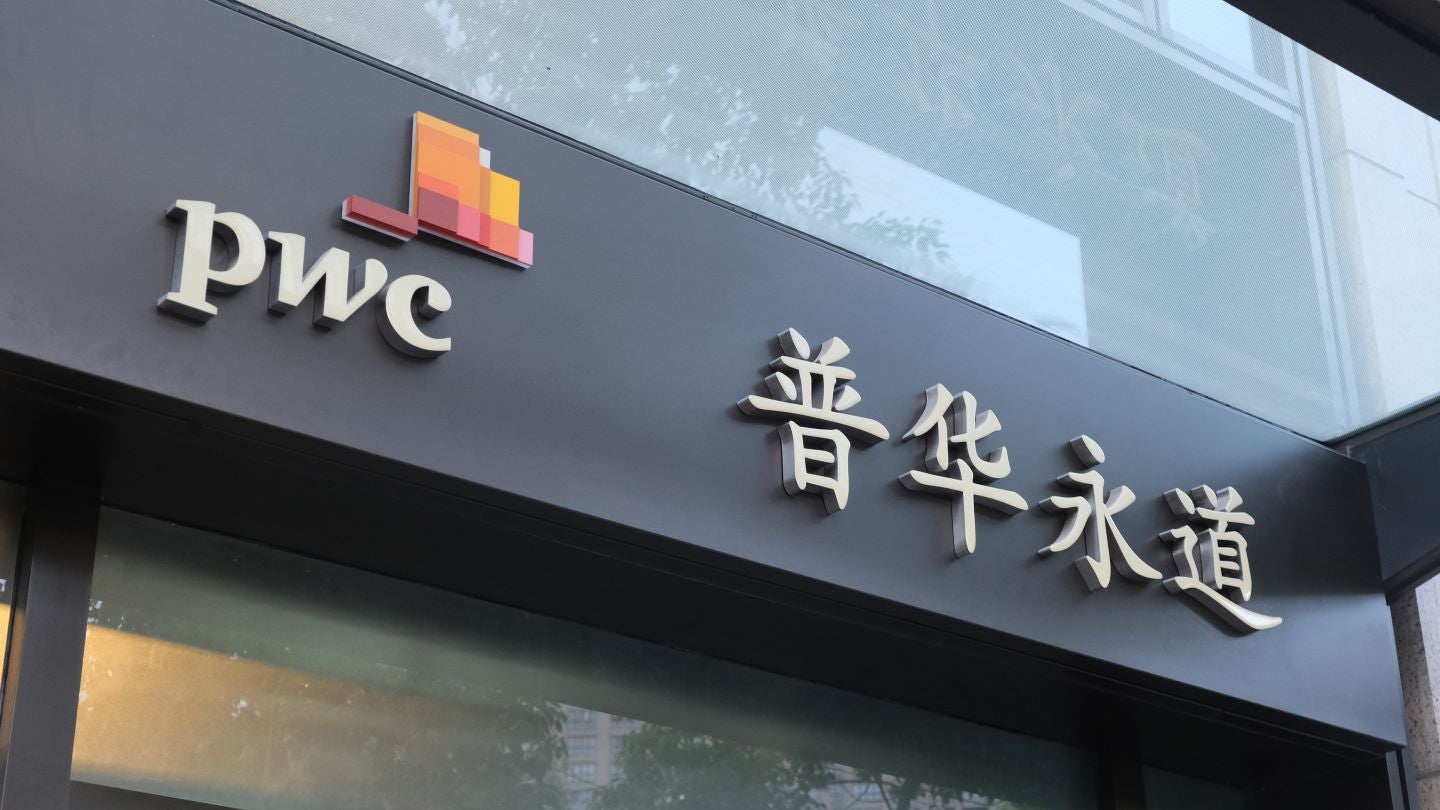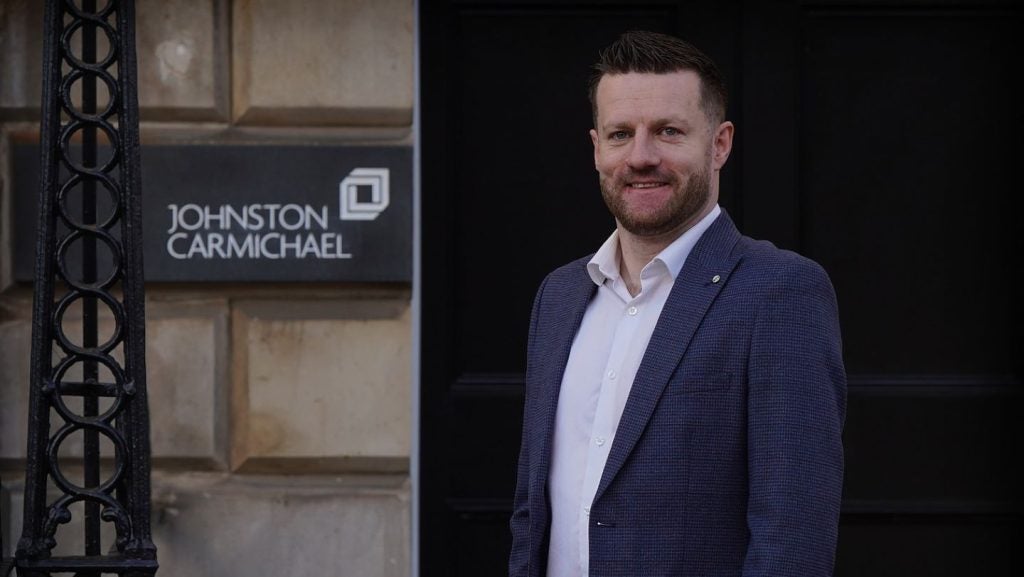
PwC has postponed disbursing payments to former partners who recently retired in Hong Kong and mainland China, reported Financial Times.
The delay comes as the accounting major manages the financial repercussions from its audits of the collapsed Chinese property developer Evergrande.

Access deeper industry intelligence
Experience unmatched clarity with a single platform that combines unique data, AI, and human expertise.
According to four sources privy to the development, multiple equity partners who retired in recent months have yet to receive any of their contributed capital.
Historically, PwC has repaid about half of the sum within months of a partner’s retirement, with the remainder following later.
This delay marks a deviation from the usual repayment schedule and is expected to aid in preserving cash.
There is no indication that PwC has breached its obligations to former partners under the shareholder agreement governing the firm.

US Tariffs are shifting - will you react or anticipate?
Don’t let policy changes catch you off guard. Stay proactive with real-time data and expert analysis.
By GlobalDataThe delays coincide with PwC’s efforts to address the financial consequences of its audits of Evergrande, which received a clean bill of health from PwC for more than a decade.
Since Evergrande’s collapse, PwC has been fined 441m yuan ($62m) and suspended from business for six months by mainland Chinese authorities, who accused the firm of “concealing or even condoning” fraud in its audits.
PwC stepped down as Evergrande’s auditor in 2023.
While the ban has been lifted, PwC has suffered revenue losses as Chinese clients migrated to competing audit firms.
PwC also faces a potential lawsuit from Evergrande’s liquidators, which could incur significant costs, though the exact amount remains unspecified.
A recently retired PwC partner stated that the firm “needs to have ample liquidity” amid the current turmoil.
The payout delays affect a broad group of partners, not just those involved in Evergrande’s audits, the sources said.
PwC declined to comment on the matter.
In March 2024, Beijing alleged that Evergrande and its founder, Hui Ka Yan, overstated revenues by nearly $80bn in 2019 and 2020.
In recent months, at least 66 PwC China partners have left, marking the largest exodus in five years.
Upon leaving, PwC buys back their shares at face value, with all funds to be repaid within 12 months, except for up to HK$200,000 ($25,640), which can be withheld for up to 18 months post-termination.
The outstanding capital can amount to roughly 40% of a partner’s final-year earnings—a significant figure, though not usually central to their retirement plans.
For senior partners, repayments may run into millions of Hong Kong dollars.
PwC has faced challenges in retaining major clients in China.
In addition to the ban, Chinese regulations bar state-owned and mainland-listed companies from appointing auditors penalised within the past three accounting years.
Some Hong Kong-listed clients have also dropped PwC recently.
PwC’s China unit lost about two-thirds of its accounting revenues from mainland-listed clients in the first half of last year, highlighting the scale of the fallout from its Evergrande audits.






